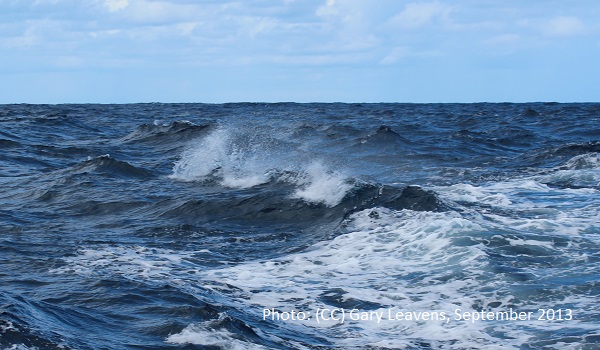Perilous journeys to Spain’s Canary Islands, driven by instability in northwest Africa, have left rescuers busy. Not only are women increasingly forced to take to the sea as a result of gender-based violence, forced marriage and female genital mutilation (FGM), they are frequently exposed to sexual violence, trafficking and other gender-specific crimes whilst on the move. The court in Ceuta has thrown out the case of a 16 year old child pushed back from Spain to Morocco on 19 May on the grounds of insufficient evidence.
Multiple groups of people attempting to seek asylum in Spain via the Canary Islands have been assisted by rescue teams. According to analysts, the rise in numbers on this route is driven by the destabilising economic and political effects of the Covid pandemic, insecurity in northwest Africa and the worsening climate crisis. On 27 November, Spain’s rescue service Salvamento Marítimo (SM) rescued 134 people from 3 vessels in waters off the Canary Islands. One of these rescues concerned a capsized boat from which four bodies were recovered and four people were listed as missing. The same day, Morocco intercepted 59 asylum seekers and recovered the body of a man who lost his life on the journey. Moroccan officials also intercepted 155 people who were attempting to board boats to cross to Spain. After several days without arrivals on the islands, on 1 December SM personnel rescued more than 200 people in the Atlantic. A night-time rescue of multiple boats just hours later brought 280 people, including 55 women and more than 20 minors to safety. The rescue was not however timely enough to avoid loss of life: a two-month old baby tragically died, marking the 40th victim on the route since 13 November. According to the International Organization for Migration (IOM), most people making the journey to Spain’s archipelago originate from Morocco, Mauritania, Senegal, Guinea-Bissau, Guinea and Mali.
The number of women on the Canary route has shot up, with women accounting for 20 per cent of arrivals so far in 2021 compared with only 5 per cent in 2020. According to the UN’s Committee on the Elimination of All Forms of Discrimination against Women (CEDAW), three of the main drivers of women’s journeys from sub-Saharan Africa are gender-based violence, forced marriage and FGM. Volunteers assisting arrivals to the Canaries say they come across women with: “burns, beating wounds, scars; stories of rape, marriages at 15, 13 and even 3 years old” on a daily basis. Studies continue to demonstrate that women on the move suffer multiple, gender-specific forms of violence, including FGM, trafficking, sexual abuse and poor access to reproductive healthcare. On 25 November, International Day for the Elimination of Violence against Women, the head of the UN Refugee Agency (UNHCR), Filippo Grandi, said at least one in five displaced women report sexual violence.
The prosecutor’s office has closed an investigation into the “hot return” of a minor from Ceuta to Morocco after 10,000 people crossed the border from Morocco in May. The case concerned Aschraf, a boy who was swiftly expelled despite protections in Spanish law for under-eighteens. The investigation was dropped because neither the age of the boy nor the identity of the officer that removed him could be confirmed. No formal instructions or commands regarding expulsions were made, but the prosecutor said this was justified by the “crisis situation” of “mass arrivals” on 19 May. The NGO that brought the case, Coordinadora de Barrios, provided a video documenting the heavy-handed return of the boy to Morocco. “They are going to beat me,” Aschraf shouted. “I don’t want to go back, please.”
For further information:
- ECRE, Atlantic Route and Spain: 29 Deaths in 10 Days, Boat-Driver Convicted, Morocco Returns People at Sea, Palestinians Seek Asylum at Barcelona Airport, November 2021
- ECRE, Atlantic Route and Spain: More Death as Crisis, Conflict, and Failed EU Policies Drive Canary Island Crossings, Rescues and Fatalities on Western Med, NGOs Welcome Regularisation of Unaccompanied Children, October 2021
Photo: (CC) Gary Leavens, September 2013
This article appeared in the ECRE Weekly Bulletin. You can subscribe to the Weekly Bulletin here.

